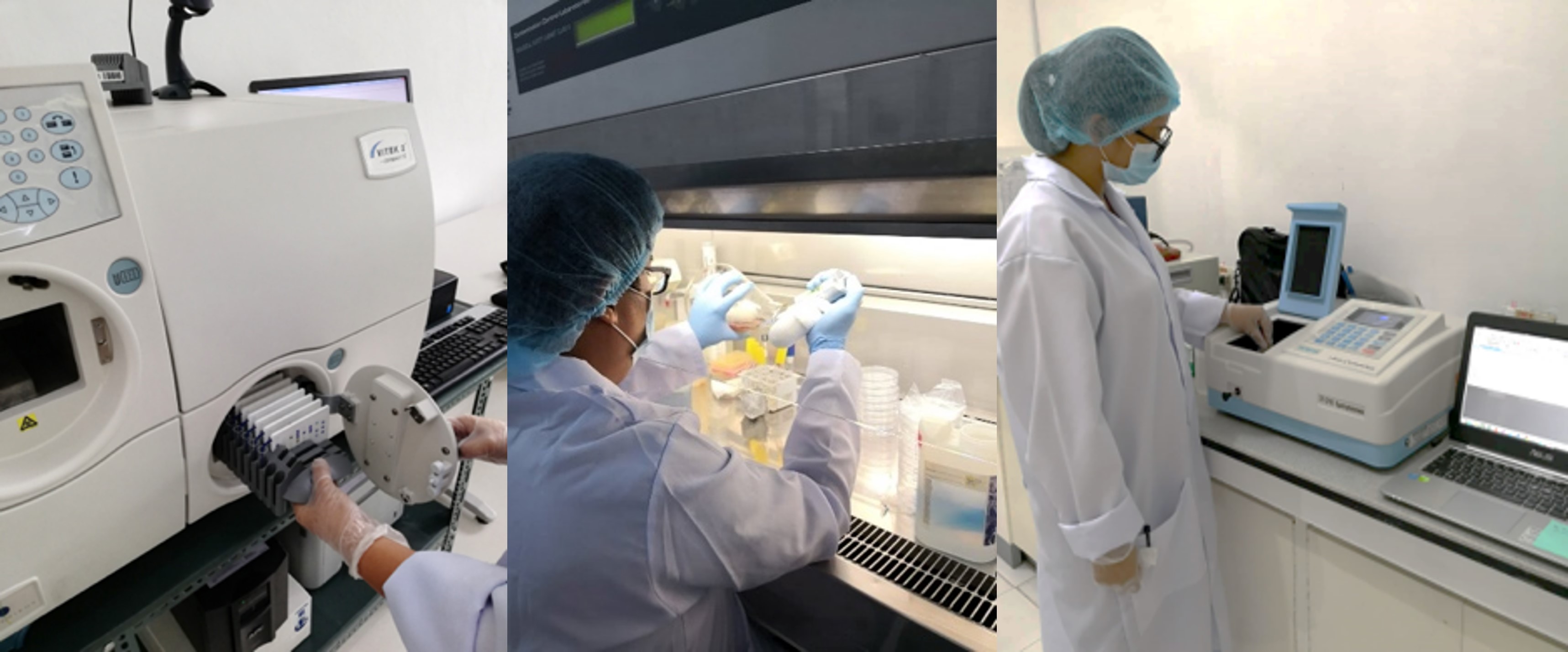
With shrimp production being considered as one of the major food industries in the country, accurate microbiological measurements in determining bacterial composition are needed to ensure food safety. The accuracy and competency of local microbiological laboratories in conducting laboratory tests are ensured through Proficiency Test (PT) schemes, which is a requirement of the laboratory quality management standard, PNS ISO/ IEC 17025: 2017.
To help local microbiological laboratories be assured of quality in its tests, a project, “Development and Provision of PT Scheme in Shrimp Product for Local Microbiological Laboratories,” is being undertaken by the Department of Science and Technology- Industrial Technology Development Institute (DOST-ITDI) through the National Metrology Laboratory (NML), Philippines. It is funded by the DOST-Philippine Council for Agriculture, Aquatic and Natural Resources Research and Development (DOST-PCAARRD).
The project centers on developing PT scheme materials for Salmonella sp. Detection and Aerobic Plate Count (APC) in shrimps.
PT scheme is an interlaboratory study aimed at evaluating the performance and competency of each laboratory in specific test measurements. Participation to these PT schemes is an integral part of the laboratory quality assurance program as PT results contribute to providing confidence in analytical results generated by the laboratory. As an external assessment, a PT scheme is being organized and conducted by a third party, known as the PT provider.
At this stage of the PT material development, DOST-ITDI is establishing the optimal preservation conditions and processing for batch production. The PT materials are characterized for homogeneity and stability in accordance to ISO Guide 35:2017. Using these locally developed PT materials, a PT scheme is scheduled to be organized in 2023 with the local microbiological testing laboratories as the target participants.
And in contribution to the laboratories’ continual improvement, a webinar on “Different Quality Control Measures and Root Cause Analysis in a Microbiological Laboratory” was conducted on September 29, 2022. Through this activity, the project was able to impart knowledge to 42 laboratory personnel from 29 different microbiology laboratories in the country.
